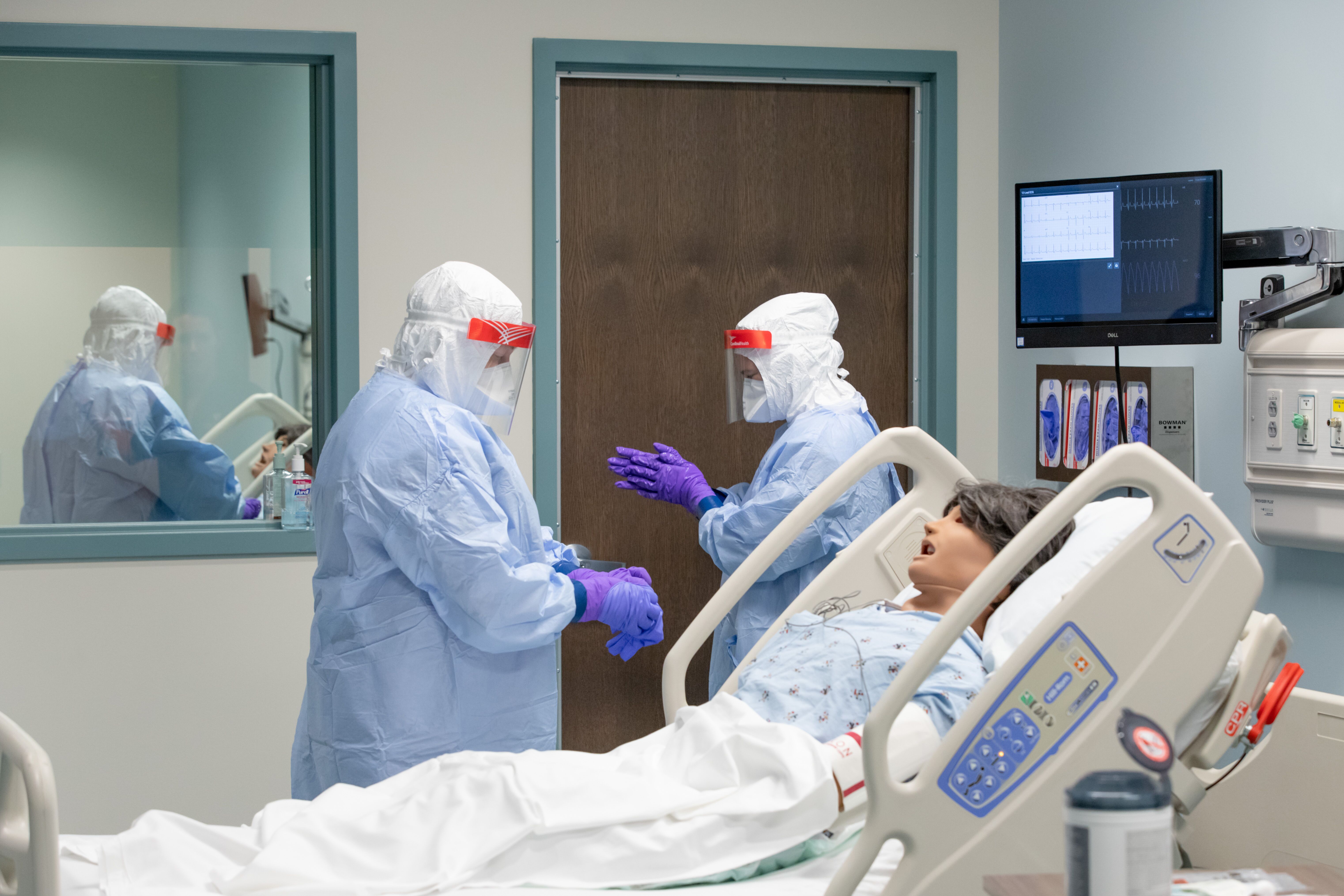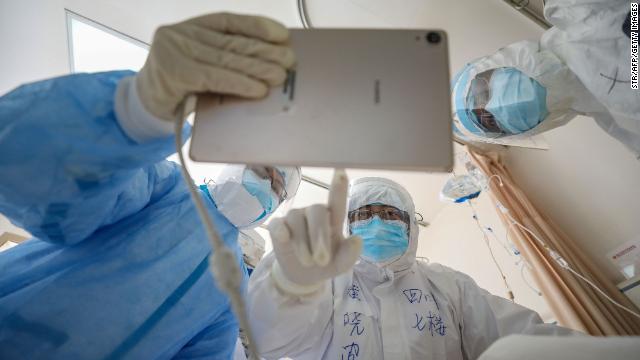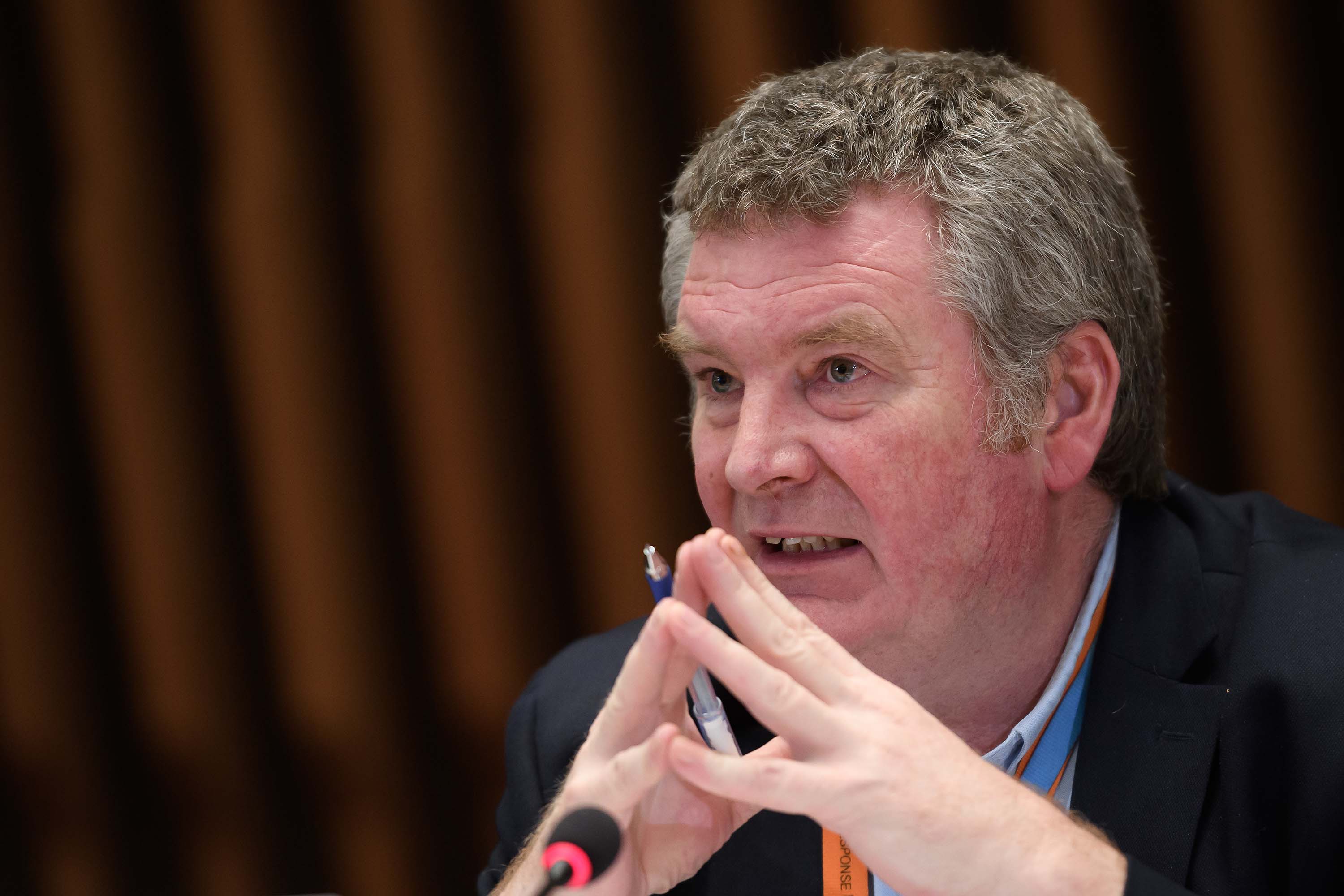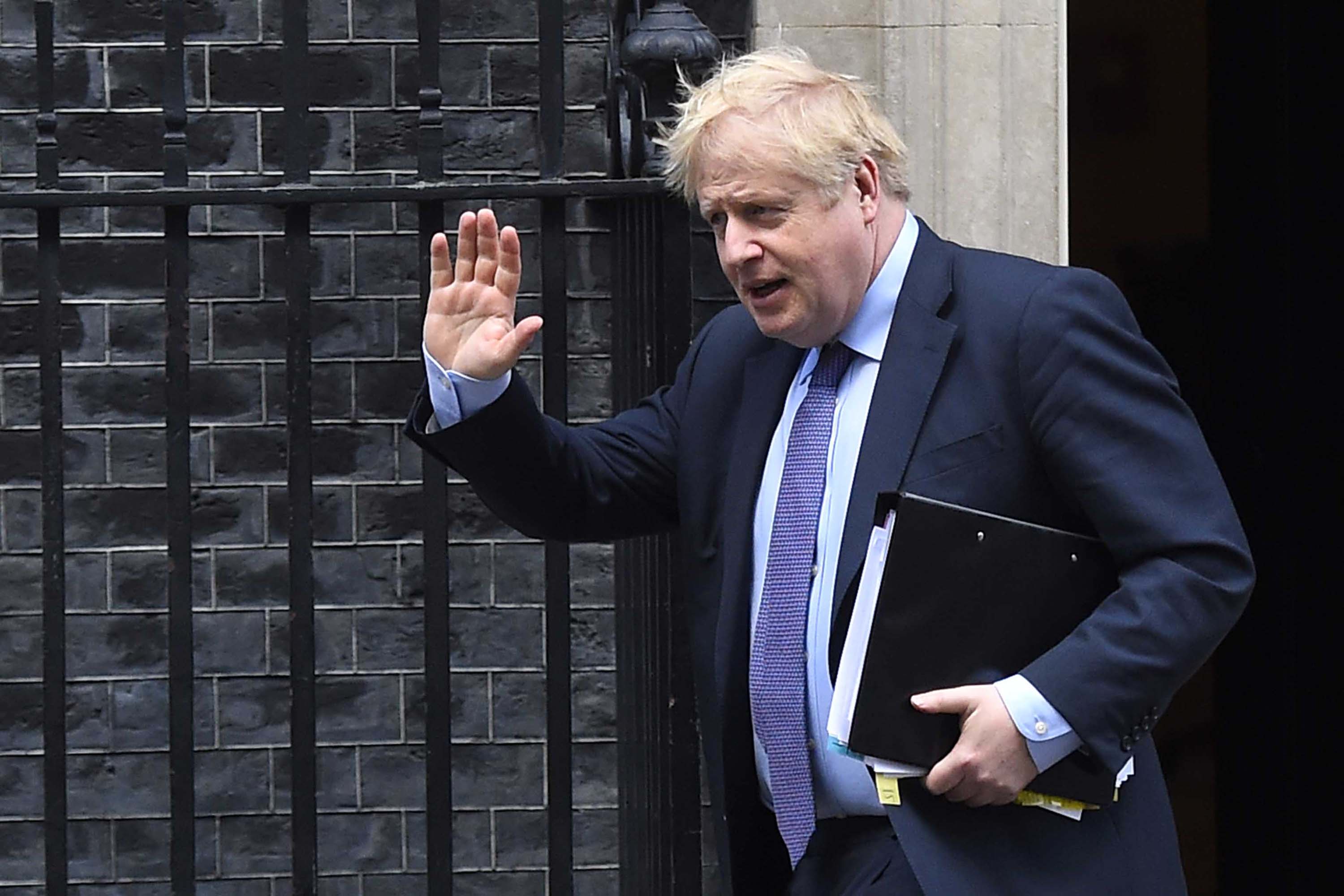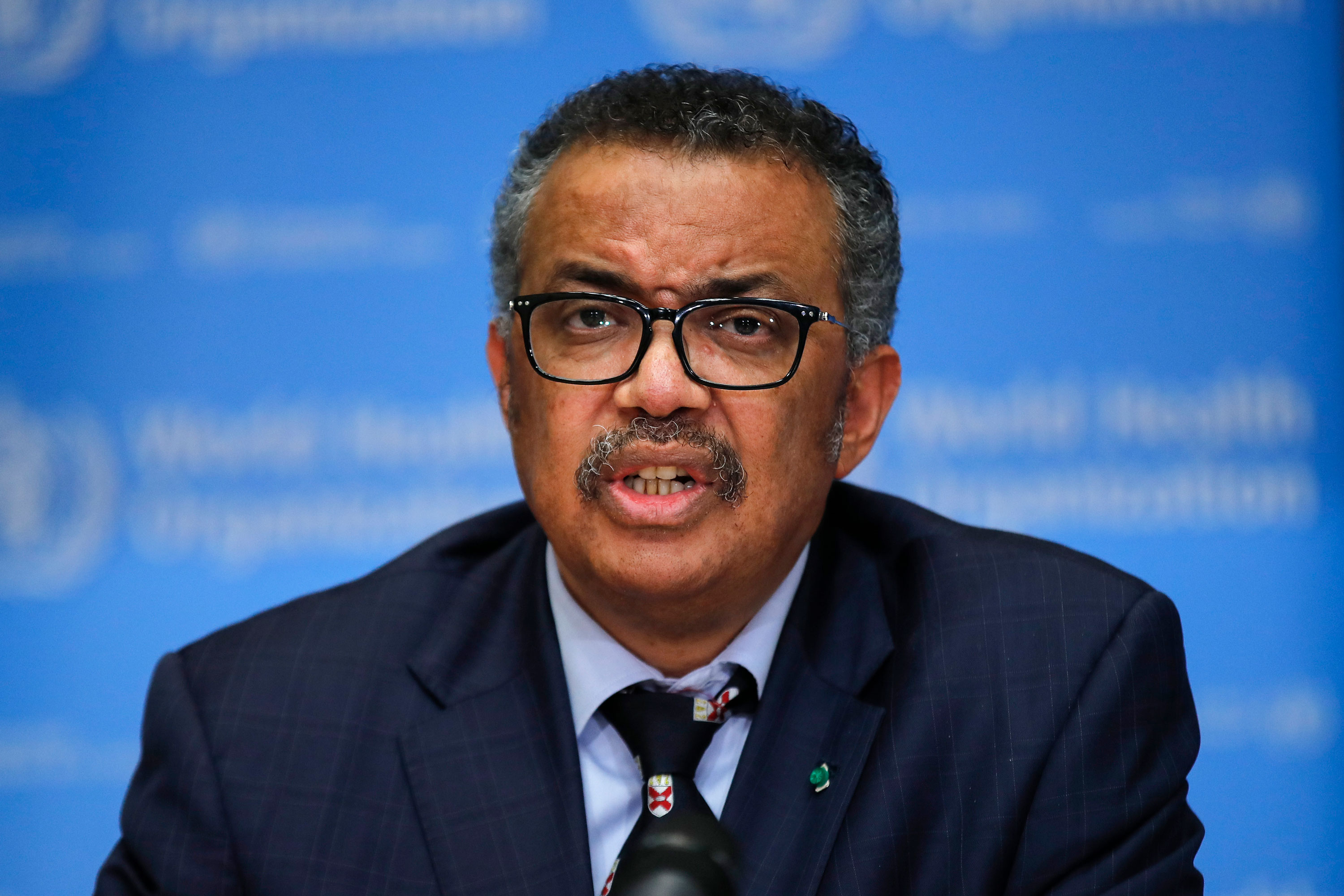
A vaccine for the novel coronavirus could take 12 to 18 months to develop, according to Tedros Adhanom Ghebreyesus, director-general for the World Health Organization.
But a vaccine is preparing for “the worst situation,” he said, and for now, long-term preparation needs to be balanced with immediate public health solutions that contain the virus and keep the fatality rate low.
“This is a window of opportunity that should not be missed,” Tedros said Tuesday during a press briefing.
Dr. Sylvie Briand, director of WHO's Infectious Hazards Management Department, said there could be a candidate for a coronavirus vaccine in about 16 weeks, but it would still require months of development and trials to prove its effectiveness in humans. Briand said there’s been no new data on vaccine development since WHO’s coronavirus research meeting earlier this month.
Dr. Mike Ryan, WHO executive director of Health Emergencies Programme, said many lives can be saved in the coming months even without a vaccine, so immediate investment is needed to support health systems and provide treatment.
“There are people sick now and health systems that are vulnerable now,” Ryan said. “We can save a lot of lives through supportive therapy.”
